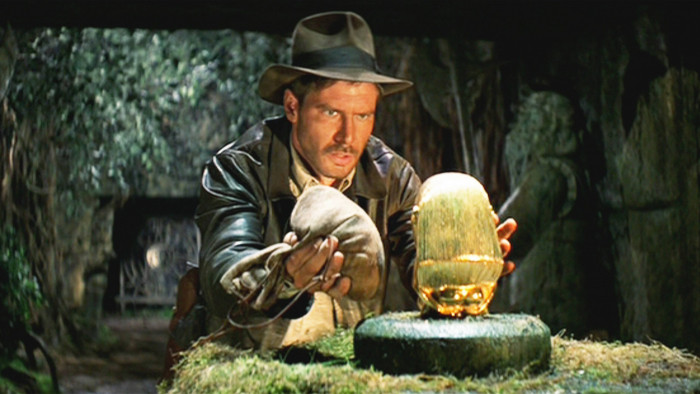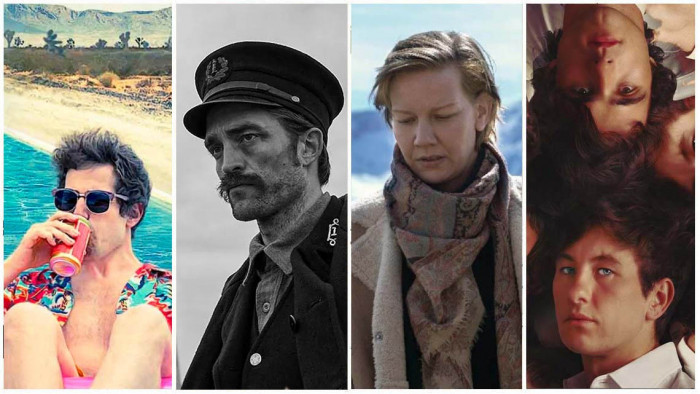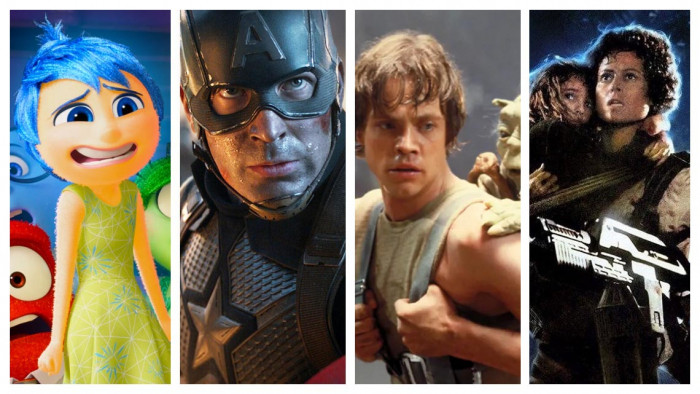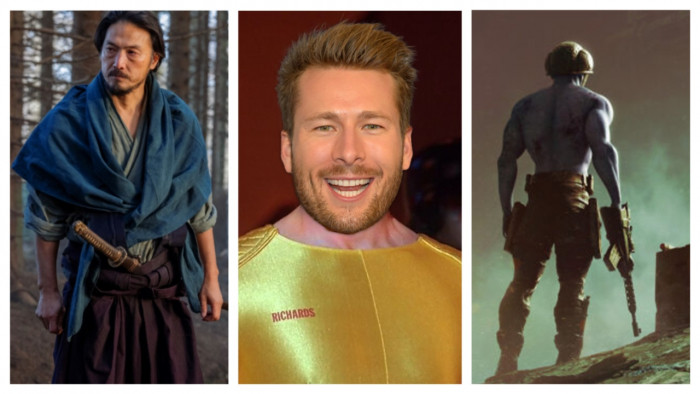ShortList is supported by you, our amazing readers. When you click through the links on our site and make a purchase we may earn a commission. Learn more
23 October 2014
Jake Gyllenhaal is not one to stay still. It might look as if he’s sitting still, in his medium-sized hotel room chair, but that’s just external stillness. Inside his head, I’m pretty sure the neurons are on fire, beaming thoughts around his skull like trillions of explorers searching for things far, far away from the conversation we’re having. I’m not saying Gyllenhaal is rude. Far from it; he’s exceptionally friendly and polite. We’ve even chatted about the most polite subject on Earth: the British weather, in particular our reaction to sunshine. He notes our inability to leave an inch of grass uncovered by human flesh; I explain our distrust of good weather and subsequent reluctance to leave umbrellas at home.
TOP BOY
NightcrawlerTaxi Driver.Like Bickle, Bloom is the archetypal movie ‘Triple-L’ – loner, loser, lunatic – and just as much a product of his time. Where Bickle was inspired by the cesspit that was Seventies New York, Bloom is the product of consumer capitalism and the cult of the individual. Bickle was angry, Bloom is calculating. Making his living from petty crime, he has big dreams. He learns from online self-help courses and quotes them like scripture. He’s a go-getter, but what he’s going to get is as deep as Clingfilm. “He’s a product of what we’ve created,” says Gyllenhaal, “a generation of people desperate for jobs who have been told that it’s success at any cost. And that success really is monetary or fame, convention would say. So Lou is looking for that.”
He finds it through gruesome serendipity. Passing the scene of a car crash, he encounters a couple of ‘stringers’: freelance cameramen who make a living from selling up-close footage of shocking incidents to local news channels. After questioning one (Bill Paxton), Bloom hears the sound of opportunity knocking, and we see a witty, unnerving, occasionally hilarious satire unfold. He gets himself a cheap camera and begins to get work from a struggling night-shift editor (Rene Russo), thanks to a willingness to stick his camera where others won’t at crime scenes and accidents, pushing this business model to ever more extreme levels. In his quest for ‘success’, he takes no prisoners, exhibits few morals and leaves no bloodied corpse unturned.
“Lou is, to me, a representation of this generation where privacy no longer exists,” continues Gyllenhaal. “There’s a sort of apathy where there’s no sense of ‘what we’re doing not everyone wants to know about’. He is the epitome of right now. What a job is, that’s evolving. It’s harder to get a job, so people like Lou find jobs in these strange cracks within the system, that are going to become larger. They’ll become openings for people like him. Lou wants to be the guy who owns the station.”
A DOG’S LIFE
He-Man“Growing up in LA, coyotes are a fixture, and I think Lou is essentially at the heart of a dark side of Los Angeles – this sort of shallowness, this ambitious side that lurks there in the shadows, always, in such a bright city. The vision of him being a coyote, far beyond losing weight, it was about running 15 miles every day, running in Griffith Park in the woods with the coyotes, thinking I was with my brethren. He needed to be like an animal – to look and feel like an animal. It was a mentality.“
Now do you believe me when I say Gyllenhaal is a deep thinker? He is not, it’s safe to say, business-like when it comes to his career. This coyote doesn’t seek megabucks roles and he’s thus far steered clear of pension-padding franchises. He’s a man finding himself, marking out his comfort zone – which might well rely on him feeling uncomfortable for it to be comfortable, if that makes sense. It’s hard to say. But what’s easy to say is that he’s on a roll. He’s at a point where he could upgrade from good to great.
IN THE ZONE
NightcrawlerPrisonersEnemyPrisonersEnemy“I feel like, right now, I’m trusting myself in a way that I feel clear about myself, I feel calmer,” says Gyllenhaal. “I’m very proud of this role, and the work I’ve been doing and the people I’ve worked with. My intention is to keep mining – I go down, do my thing, I come back and someone tells me I’m doing good. Though sometimes they don’t say that. I’m happy about staying true to my instincts. Nothing else comes into play.“
“My decisions have been me going, ‘This is my life, I’m going to spend two, three, five months with this person and I’m going to try to give my all. This is my life, I don’t want to waste that time.’ Over time, I’ve learned that there are certain things I can’t do, then there are certain things I really can. To use my discretion. Often you don’t have that.”
NO MORE MR BRIGHTSIDE?
As dark, damaged, deranged or delusional as many of his characters have been, Gyllenhaal has had lighter roles, in comedy dramas such as The Good Girl and Love & Other Drugs, though even these leant towards more shady laughs. And let’s not forget his holidays on the Costa Del Blockbusta with The Day After Tomorrow and Prince Of Persia: Sands Of Time. These, again, made vast sums of money, even against their enormous production budgets; in fact, the latter is still the most successful video-game adaptation ever.
October Sky“I oddly don’t consider the roles I play to be dark – I feel like there’s an honesty to them. They’re dealing in dark worlds, but many of them have had good moral compasses – with the exception of one. Dark worlds feel more real to me than everything being bright, shiny and happy. It’s a sunny day, but we’re still carrying an umbrella.”
OK, so maybe he was paying attention.
Latest
Related Reviews and Shortlists
Entertainment
![The 10 best war movies of the 21st century]()


The 10 best war movies of the 21st century
Entertainment
![The best movies on Netflix: this is what to watch]()









